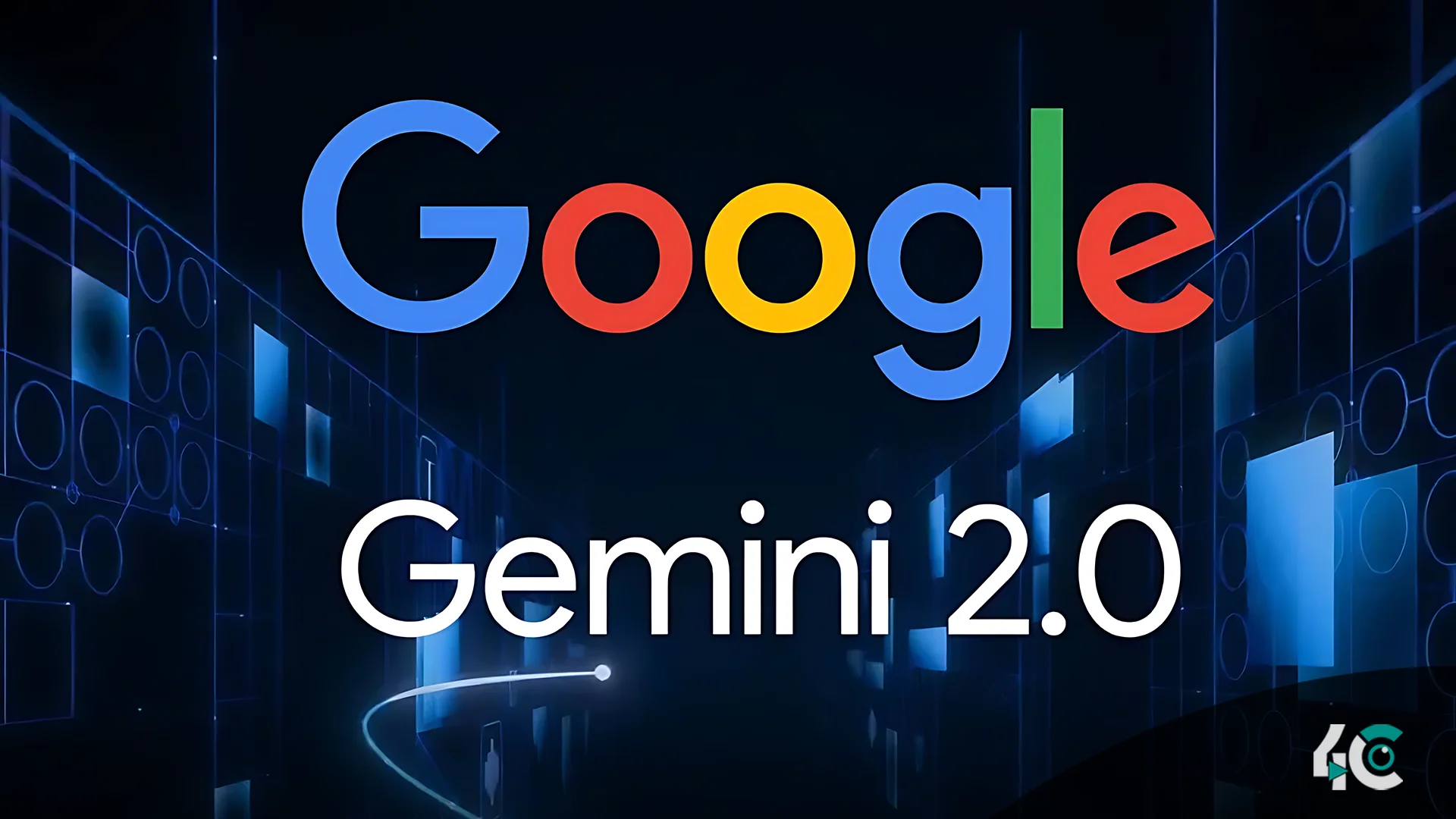DeepMind, Google’s AI research group, has released its latest artificial intelligence model, Gemini 2.0. This powerful technology lays the groundwork for a future of AI agents capable of comprehending, reasoning, and acting across several applications. Released on December 11, Gemini 2.0 aims to expand the capabilities of AI by emphasizing practical solutions that assist people in innovative ways.
Gemini 2.0 can follow complex instructions, organize work, and engage with internet surroundings. We intend these AI agents to provide specialized assistance with tasks ranging from internet navigation to strategic video game decision-making. According to DeepMind CEO Demis Hassabis and Chief Technology Officer Koray Kavukcuoglu, these prototypes demonstrate AI’s vast potential in everyday tasks and specialized applications.
Several experimental AI projects demonstrate the adaptability of Gemini 2.0. Deep study helps individuals explore complex issues by creating extensive study plans, searching the internet for information, and producing complete reports. Designed to answer common questions, Project Astra provides recommendations, advice, and contextual information about acquired photographs or landmarks. Project Mariner focuses on web-based automation, and this AI prototype can interact with Chrome by moving the cursor, clicking buttons, filling out forms, and visiting webpages. Designed for developers, Project Jules integrates with GitHub workflows to aid in coding, planning, and project execution. Each project is still in its early stages of development, with intentions to expand availability following additional testing and refining.
Gemini 2.0â€TMs capabilities extend to the gaming industry, where it collaborates with developers like Supercell to create AI agents that enhance player experiences. These agents offer real-time suggestions, interpret game rules, and adapt to diverse genres, from strategy games to farming simulators. Additionally, Google is experimenting with physical-world applications, including robotics, aiming to bridge AI’s digital and tangible capabilities.
As Gemini 2.0 rolls out to select developers and testers, its potential to revolutionize tasks across industries becomes increasingly apparent. By enabling AI agents to anticipate needs, execute complex actions, and interact seamlessly with technology, Google positions itself at the forefront of the “agentic AI” movement. The journey of Gemini 2.0 is just beginning, but its transformative promise signals a pivotal shift in how humans interact with artificial intelligence.
































